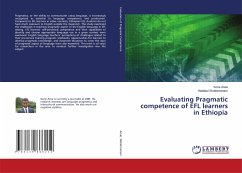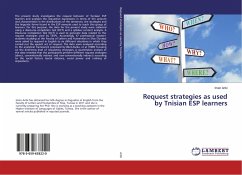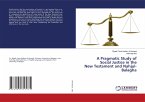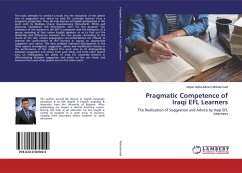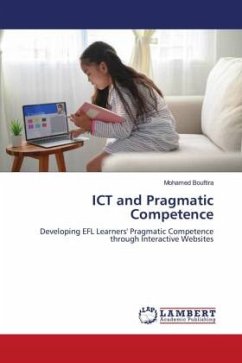Pragmatics, or the ability to communicate using language, is increasingly recognized as essential to language competence and production. Compared to EFL learners in other contexts, Ethiopian EFL students do not have much exposure to English outside the classroom. This study examined the challenges in teaching pragmatic aspect of the English language in EFL setting. EFL learners' self-perceived competence and their capabilities to identify and choose appropriate language use in a given context were examined. English language teachers' perceptions of challenges related to their pre-service training program, textbooks, opportunities for learners to develop pragmatic knowledge, and classroom situations to cover the issue of pragmatic aspect of language were also examined. This work is of value for researchers in the area to conduct further investigation into the subject.

